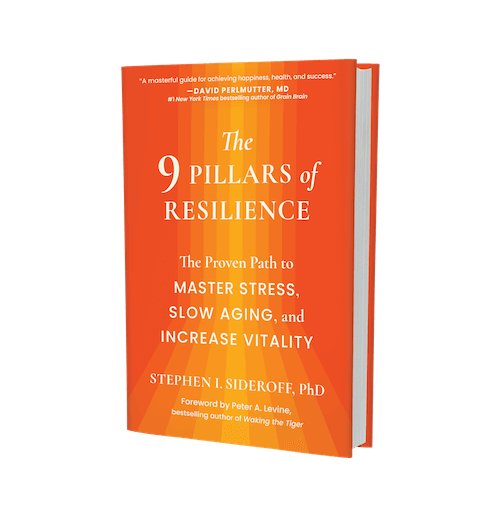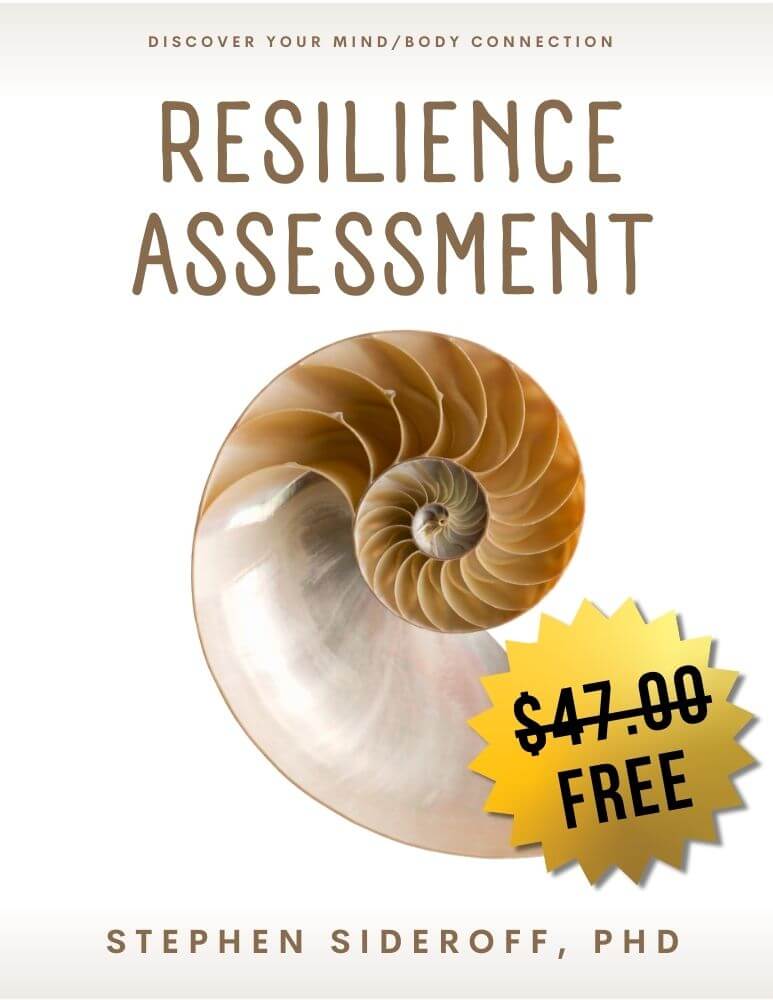Relationships with others begins in the mirror. Many years ago Paul Simon wrote the classic song “I Am a Rock.”
“I am a rock; I am an Island. And a rock feels no pain, and an island never cries.” Despite Mr. Simon’s wishful thinking, few of us live on an island. And we certainly aren’t rocks. Yet, according to University of Chicago psychologist John Cacioppo, a large percentage of people are unhappy because of social isolation. And Jacquiline Olds, a psychiatrist who teaches at Harvard Medical School, wrote the book, The Lonely American: Drifting Apart in the Twenty-First Century, because she wanted to bring loneliness “out of the closet.” Both of these professionals were struck by the findings from a study conducted by the National Opinion Research Center at the University
of Chicago, revealing that people reported having fewer intimate friends in 2004 than they had in 1985.
Social isolation just touches the surface of how your relationships with others, or lack of them, affect resilience. Life is about relationships; you live in relationship to others, and you engage in relationships on a daily basis. You are, above everything else, a social being! You have work relationships, family relationships, and friend relationships. You have relationships with your car repairman, the person who cuts your hair, and your doctor. And they all have an impact on you.
Most of the time you don’t analyze the nature of your relationships, but new research is demonstrating that your interaction with others helps regulate or deregulate your nervous system and your emotions. That’s right: each time you are in contact with another person opportunity exists for you to experience something positive or something negative. It can be something that enriches you or stresses you—and sometimes stress and enrichment are both wrapped up in the same package. All of these relationships have the potential to trigger emotions—emotions that enrich and foster resilience or emotions that are toxic.
Bring awareness and health to your relationships, so they support you and contribute to your resilience. And when they are not supportive, you can recognize that and take action so they don’t drain your resilience. There is
always a tendency to maintain the status quo; but to be resilient, you have to be willing to address relationships that are toxic or otherwise draining your resources without sufficiently giving back.
Dr. Stephen Sideroff is an internationally recognized expert in resilience, optimal performance, addiction, neurofeedback and alternative approaches to stress and mental health. He is Assistant Professor in the Department of Psychiatry & Biobehavioral Sciences at UCLA’s School of Medicine, as well as the Director of the Raoul Wallenberg Institute of Ethics. www.drstephensideroff.com


